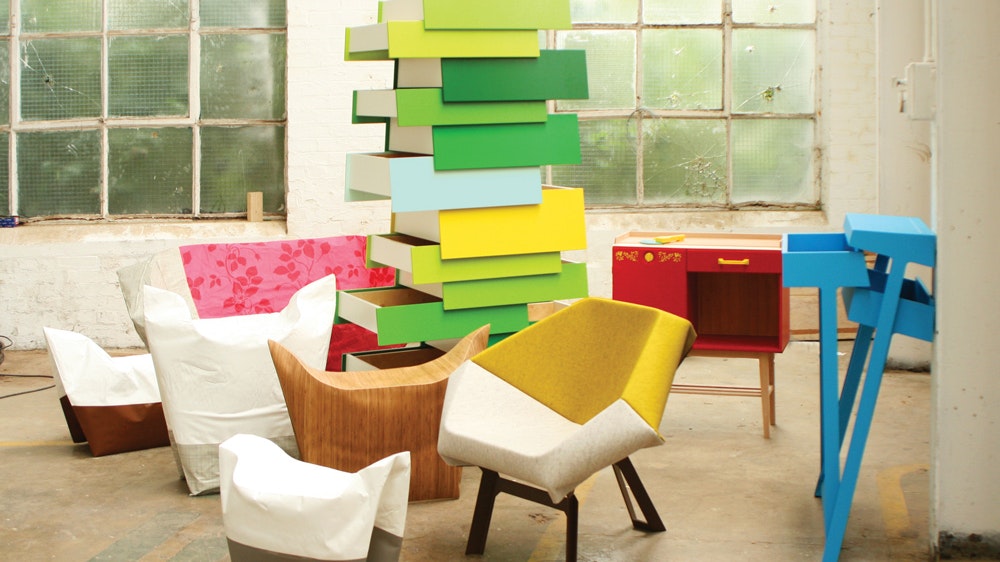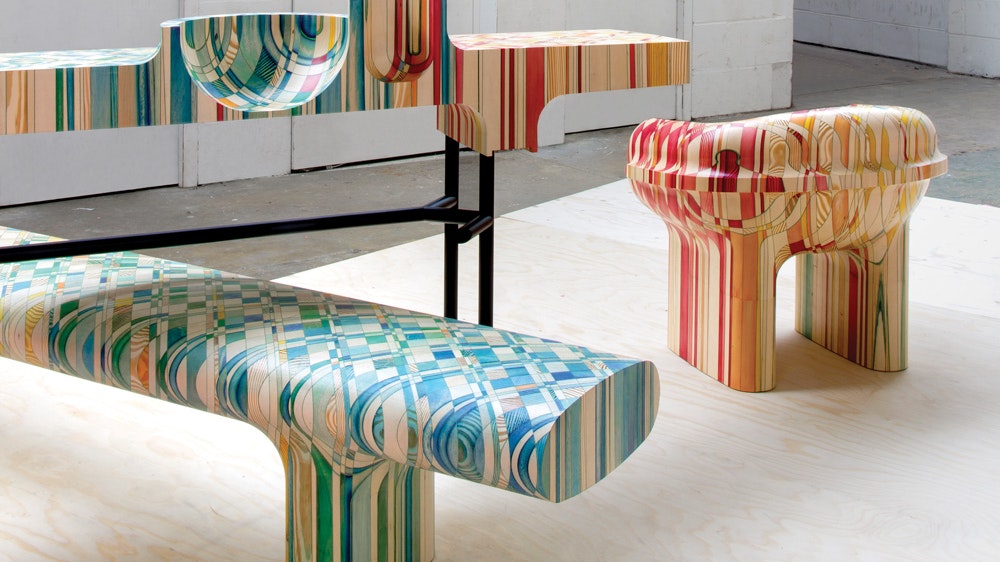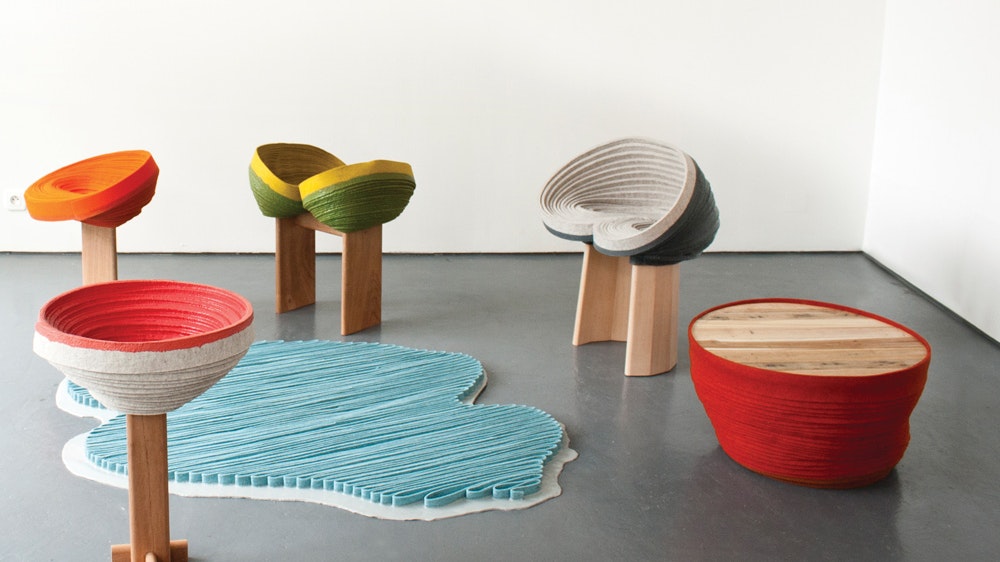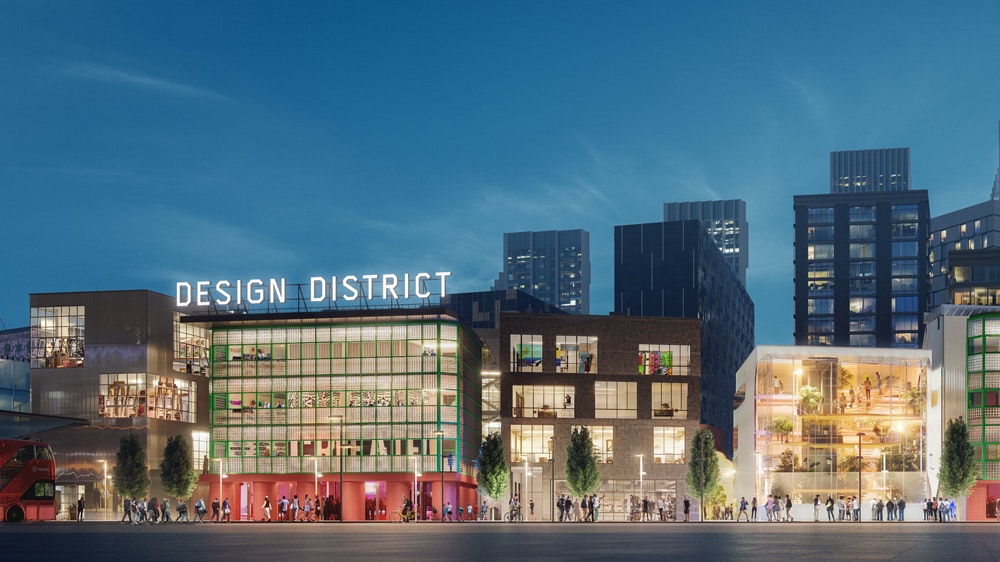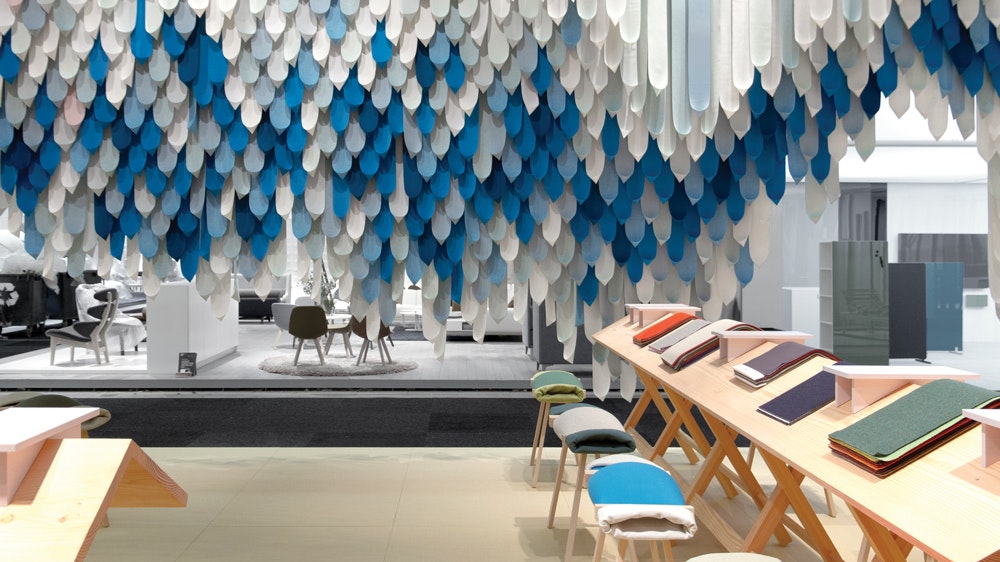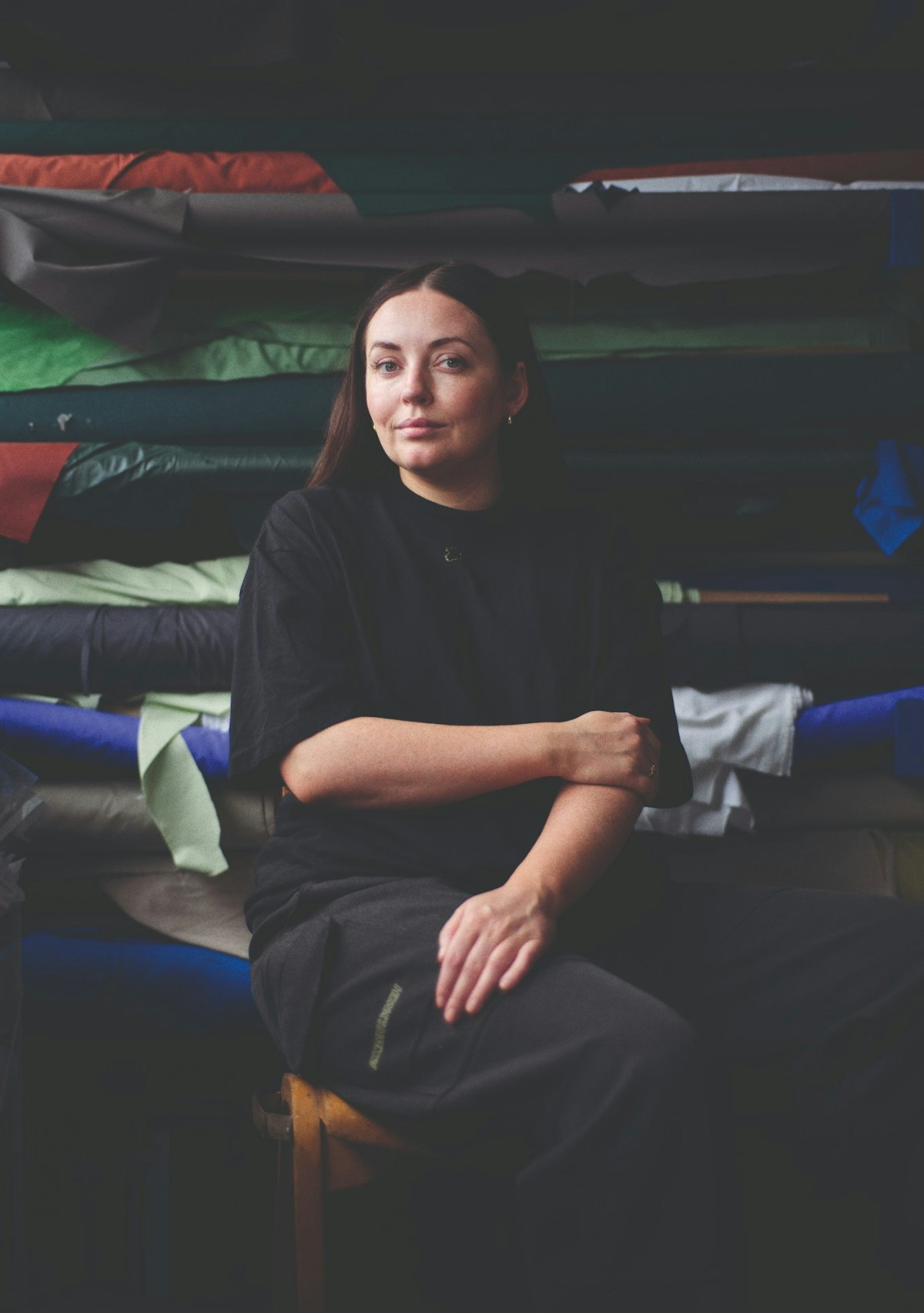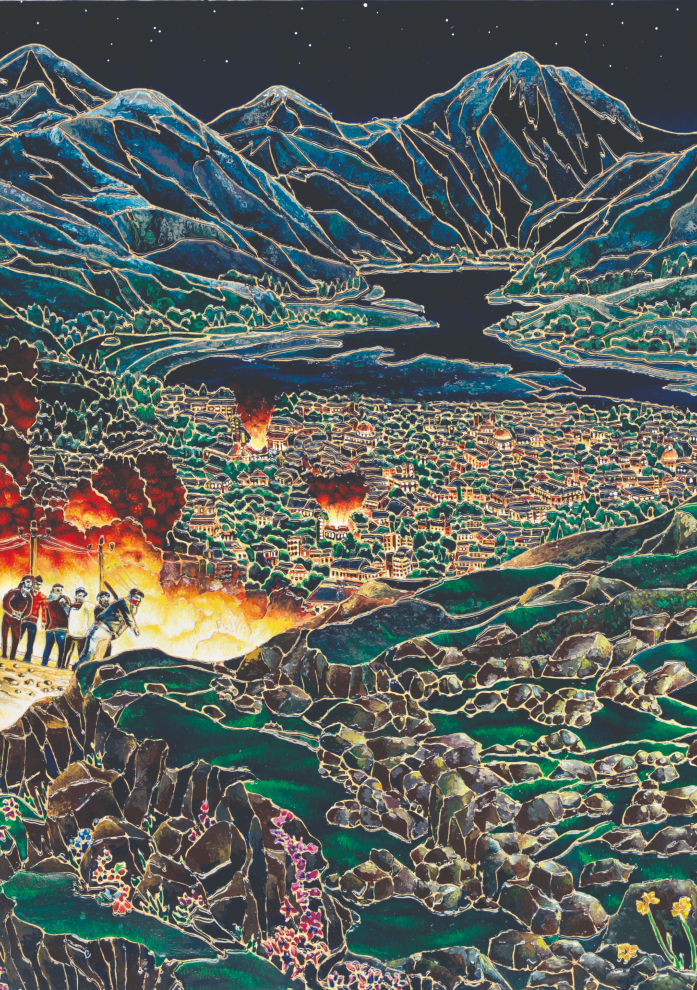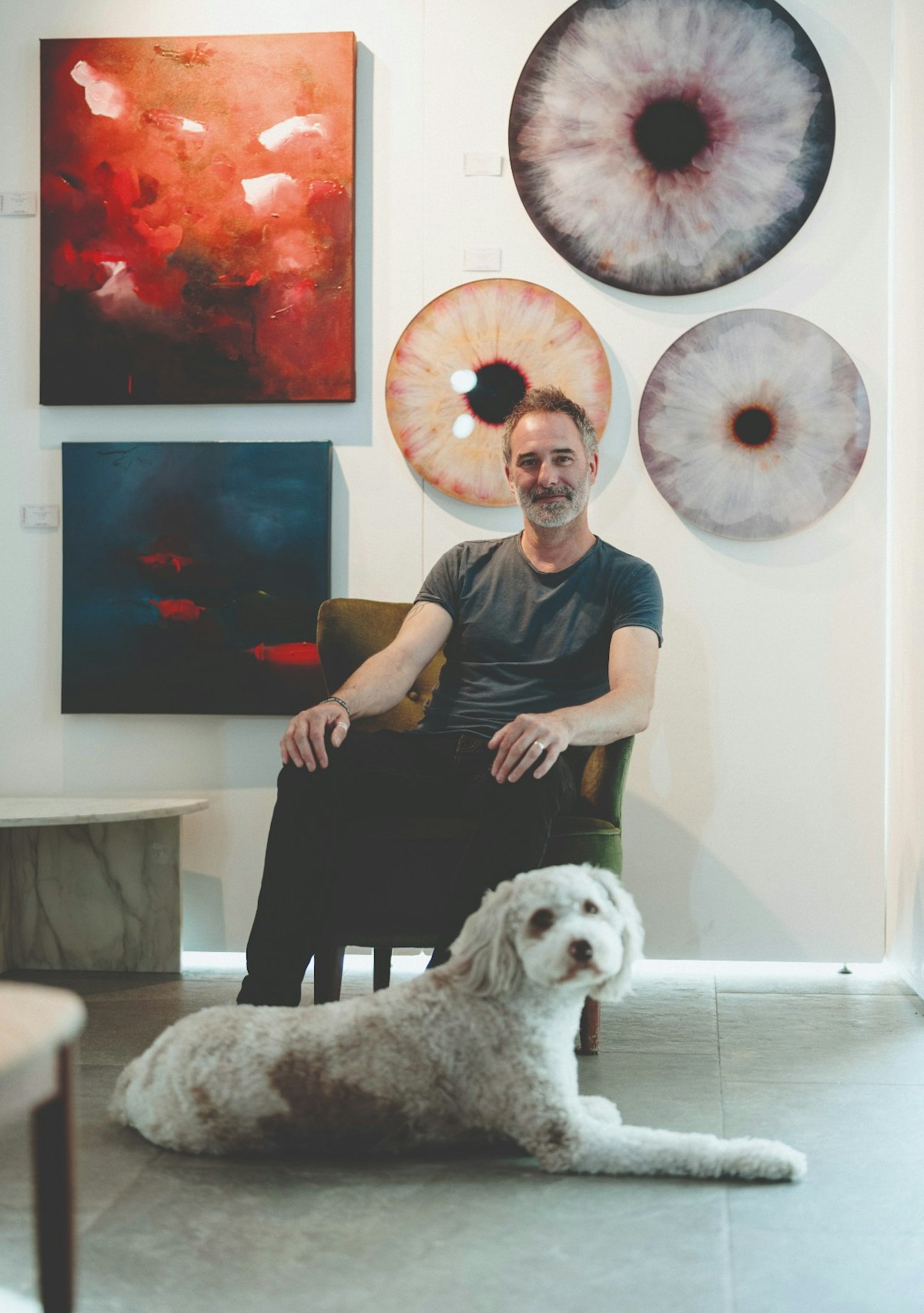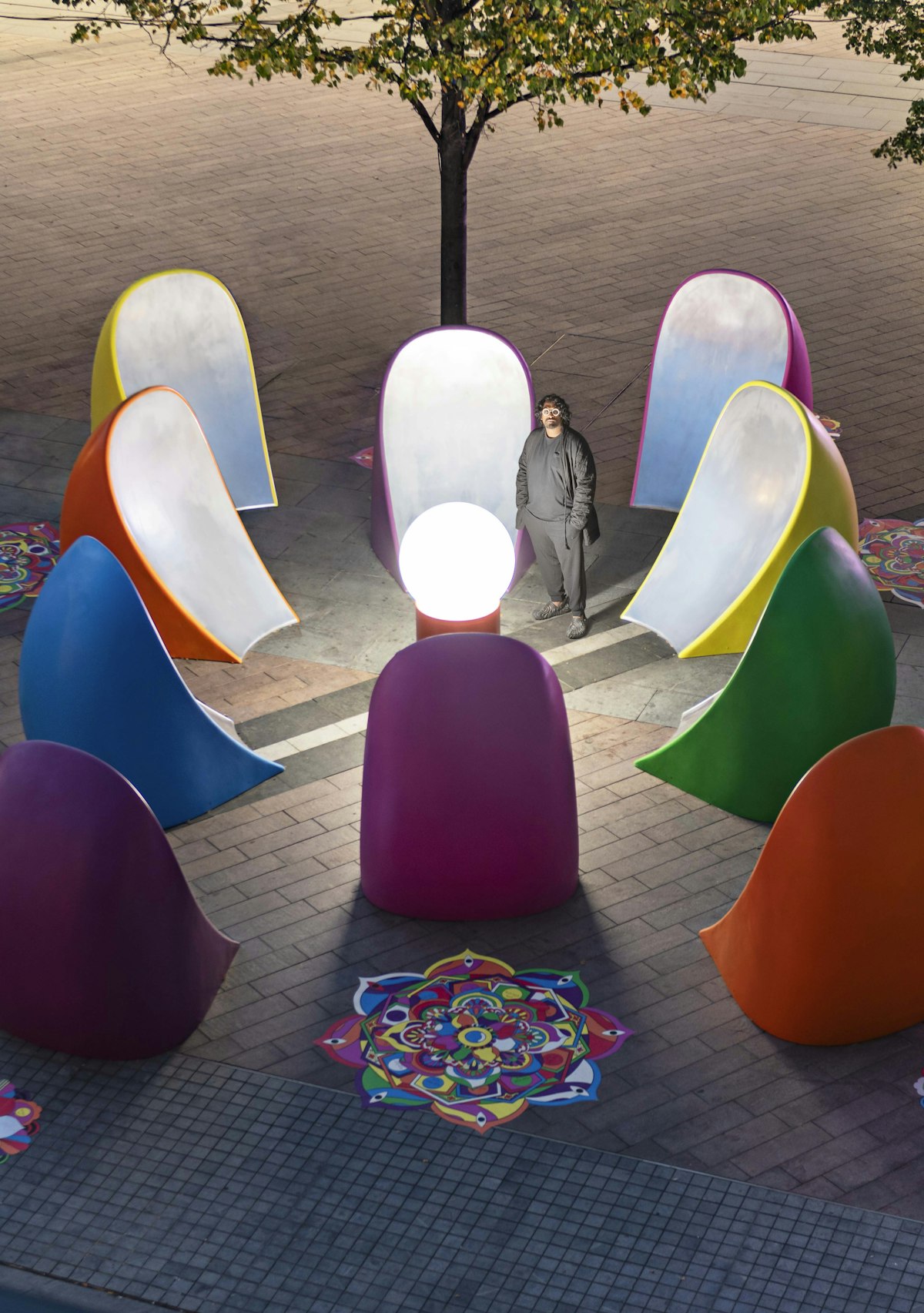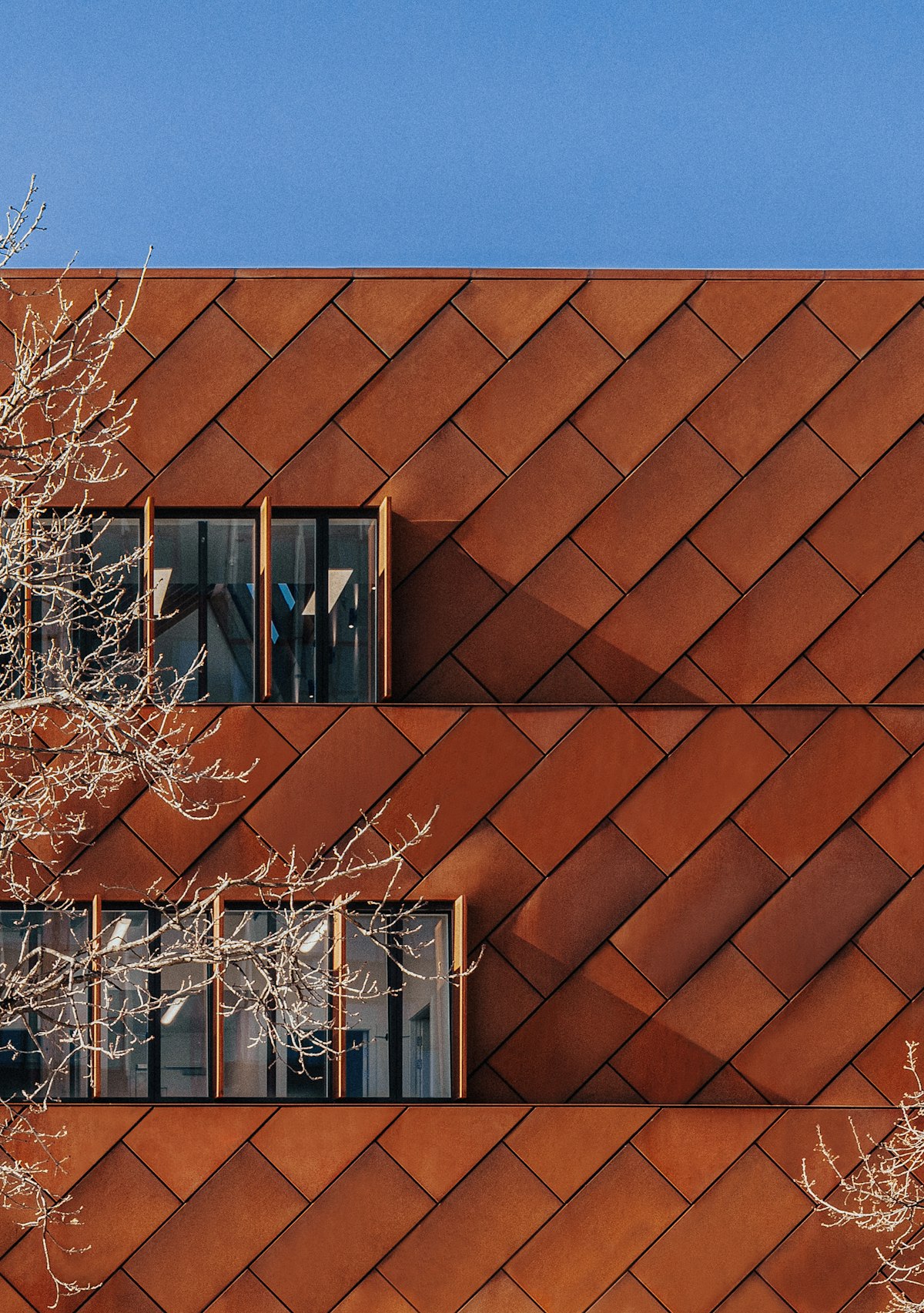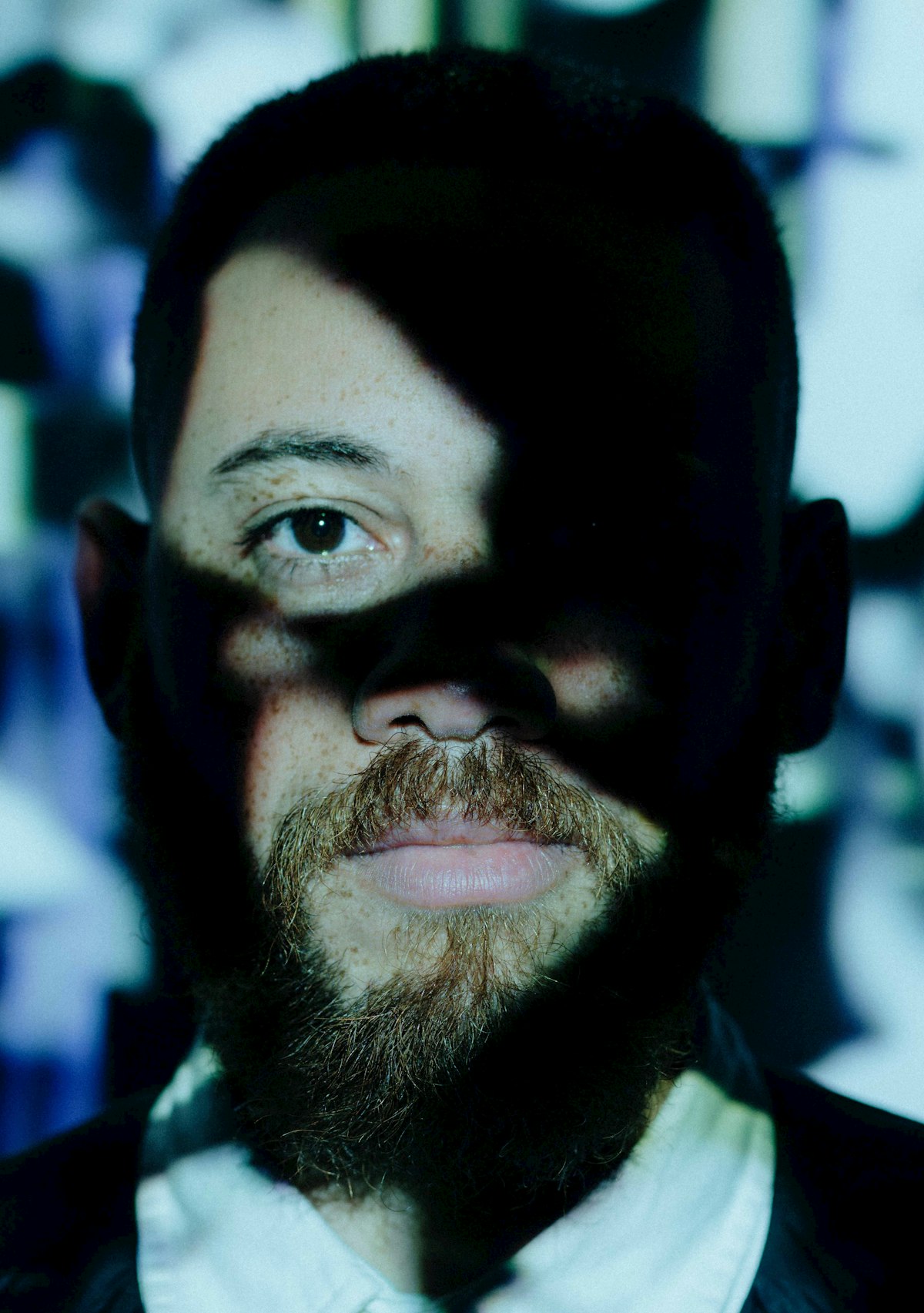
Diversity in Design
Diversity is what Shay Alkalay, one half of design duo Raw Edges, is drawn to. In his work, in his personal life, and in choosing to live in London. Though, by his own admission, there was never a conscious intent to settle in London for good.
He and partner Yael Mer, both came to the city together 13 years ago to study at the prestigious Royal College of Art (RCA). The playful originality of their work soon got the pair attention as they garnered award after award, swiftly followed by commissions from heavyweight brands like Louis Vuitton, Moroso, Established & Son and Swarovski.
Raw Edges’ first studio was established in an abandoned building in Hackney. The council granted them, and several fellow RCA graduates, permission to stay, but on the understanding that their lease could be revoked at any time.
10 years on and this global community of creatives – artists, designers and makers – are now moving into new digs together. Asked about their decision to establish a studio in London, he smiles before replying, “Yael and I are not the kind of people that plan things”. He goes on to explain, “We just came here to study and then everything started to happen, the studio began to grow so we stayed.”
Today, with an established reputation in the design world, and an impressive body of work to their names, Raw Edges is not only calling London their home, it is one of the studios that is helping London-based design make its mark worldwide.
They’ve created installations in museums and stately homes, designed and made furniture, tiles, jewellery, public seating, glassware: infinite variety seems to be their modus operandi. Their work always has an element of surprise about it; whether it’s a stack of colourful drawers that open in unexpected ways or a rug that appears to change colour in order to lift or calm your mood.
Their outdoor seating for the Peninsula is part sculpture, part playground, while also acting as a surprisingly convivial place to take the weight off. This resourcefulness comes in part, Alkalay says, from growing up in Tel Aviv.
“Tel Aviv was nothing and all of a sudden there was a city,” he explains. “There was a lot of improvisation and inventing something out of nothing.” He goes on to explain that invention is “a very Israeli thing – we get bored very easily. We have this spirit that we always want to make something that is different, something that is new.”
It may be their Israeli origins and life in Tel Aviv that instilled this drive to innovate, but London has it too, and it’s undoubtedly feeding and fueling their creativity. Alkalay attributes this to the city’s multiculturalism and its openness to accepting new things. He describes their success in London being in part due to London’s ability to “take new ideas and present them to the world. People come here to see new things. It’s open to the world…well for now.”
Brexit inevitably creeps into the conversation. It’s unsurprising that Raw Edges would struggle to see Brexit as a positive. Their body of work has seen them collaborate with global brands whose reach knows no borders.
Alkalay goes on to explain the logistics and bureaucracy of organising exhibitions and how straightforward this all is under the current EU system, versus, say, trying to do something in Japan. Understandably, this is a subject close to his heart.
“For me, the world has become one place. With technology, the internet, and flights getting cheaper and quicker, borders have become almost irrelevant.” He pauses a moment, reflecting then goes on, “There will be effects [with Brexit]. Maybe it will be harder for people to move here. But for the moment people are still coming. In London,” he concludes, “if you are determined and if you’re interested to be part of what’s going on, there are always solutions.”
And clearly, Alkalay and Mer have determination in swathes because, for the moment, Brexit has not swayed their decision to remain here. The same goes for their fellow RCA graduates, most of whom were also from abroad. The creative community they’ve established is still going strong, suggesting that hubs like the one that housed them 10 years ago are key to drawing and retaining designers and artists to the city. Alkalay firmly believes that London’s creativity as a whole would greatly benefit from similar schemes.
The Cockpit Arts incubation programme is a fantastic example of an initiative that promotes creativity. With buildings dotted throughout the capital, the scheme nurtures a community of artists and craftspeople, giving them opportunities through business coaching, workshops and ultimately, space.
He is also buoyed by the prospect of the Peninsula’s upcoming Design District, London’s first purpose-built district made specifically for the creative community, explaining that “this kind of support would be invaluable; especially for emerging artists, designers and makers, graduates and self-starters.”
The district is a long-term investment in grassroots creativity that will provide workspace for 1,800 creatives, as well as public spaces, food markets, cafés, and courtyards. “Creative hubs are generally small and so it will be great to have something so large and so focused coming up. It will bring a lot of life to the Peninsula,” he says.
In the meantime, the pair is collaborating with Vitra to design the top floor of their Herzog & De Meuron showroom in Basel. They’re also launching a tile collection for Mutina and working on their first interiors project – their very own home.
“When we moved here we didn’t know what to expect, we didn’t know how long we were going to stay, we were young and full of energy. Now we’ve been here 13 years and I feel like I’m finally making a considered decision to stay here.” He describes London’s multiculturalism as “very unique” and is pleased that his children are growing up and being educated in such a diverse city.
“When you get used to living with this multiculturalism you don’t want to let it go. I do feel that the world is such a big place that it’s weird I’ve never given myself another alternative. But I can’t imagine not living in London right now.”
Raw Edges epitomizes creativity in London today: original, innovative, crafted and local – yet with global reach, impact and recognition. Alkalay and Mer’s star is undoubtedly rising and here’s the thing, consequently so is London’s. Their efforts reflect back on the capital, their successes bolster its design community, encouraging its growth and development.
As London gradually comes to terms with the realities of Brexit (whatever they may be), the fact that creative people like Shay and Yael are sticking by the city regardless, is welcome news. The multicultural creative community they are producing is what London needs more of.
Hear more from London’s makers and doers on keeping London creative. Visit www.keeplondoncreative.co.uk.
